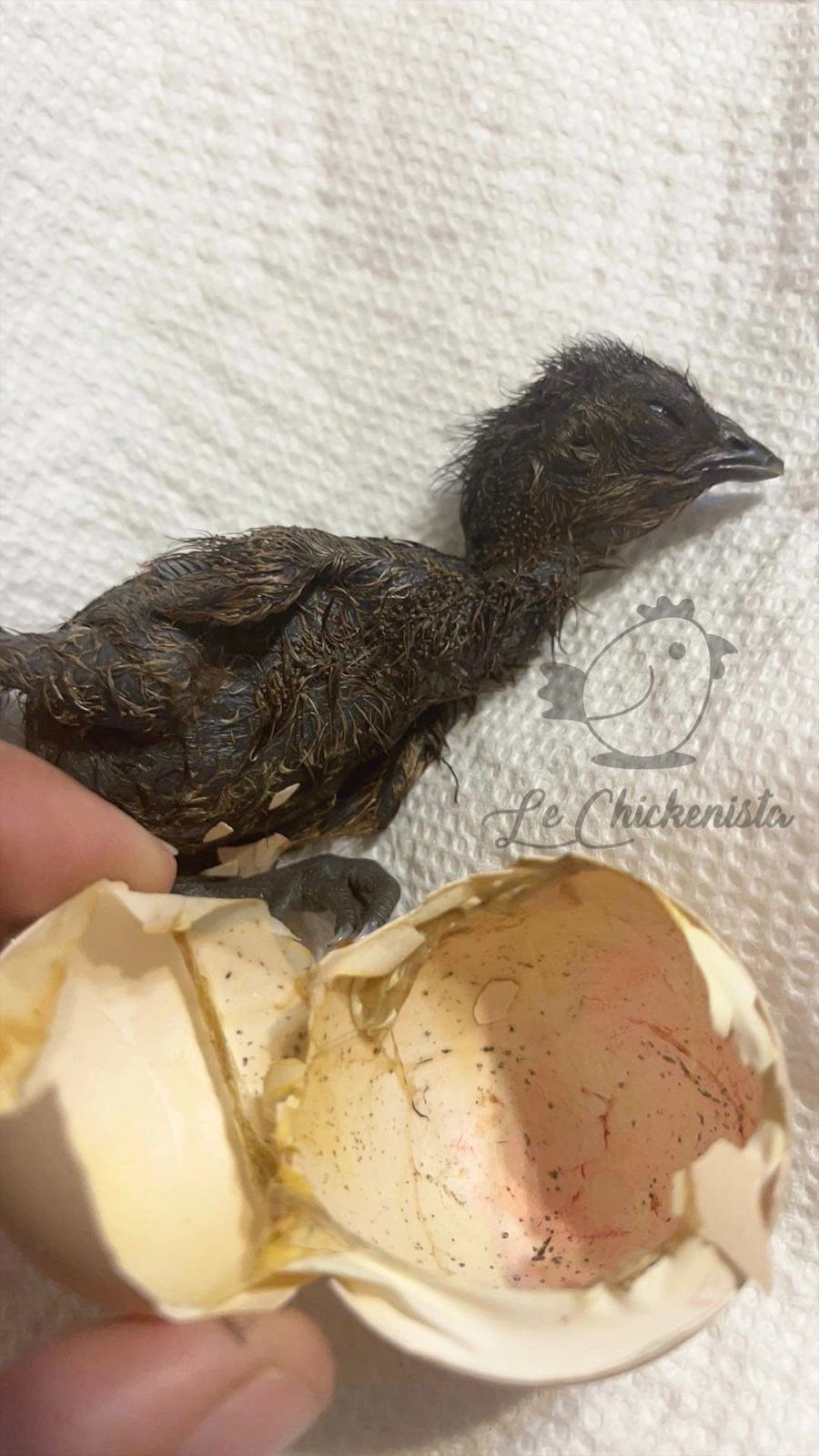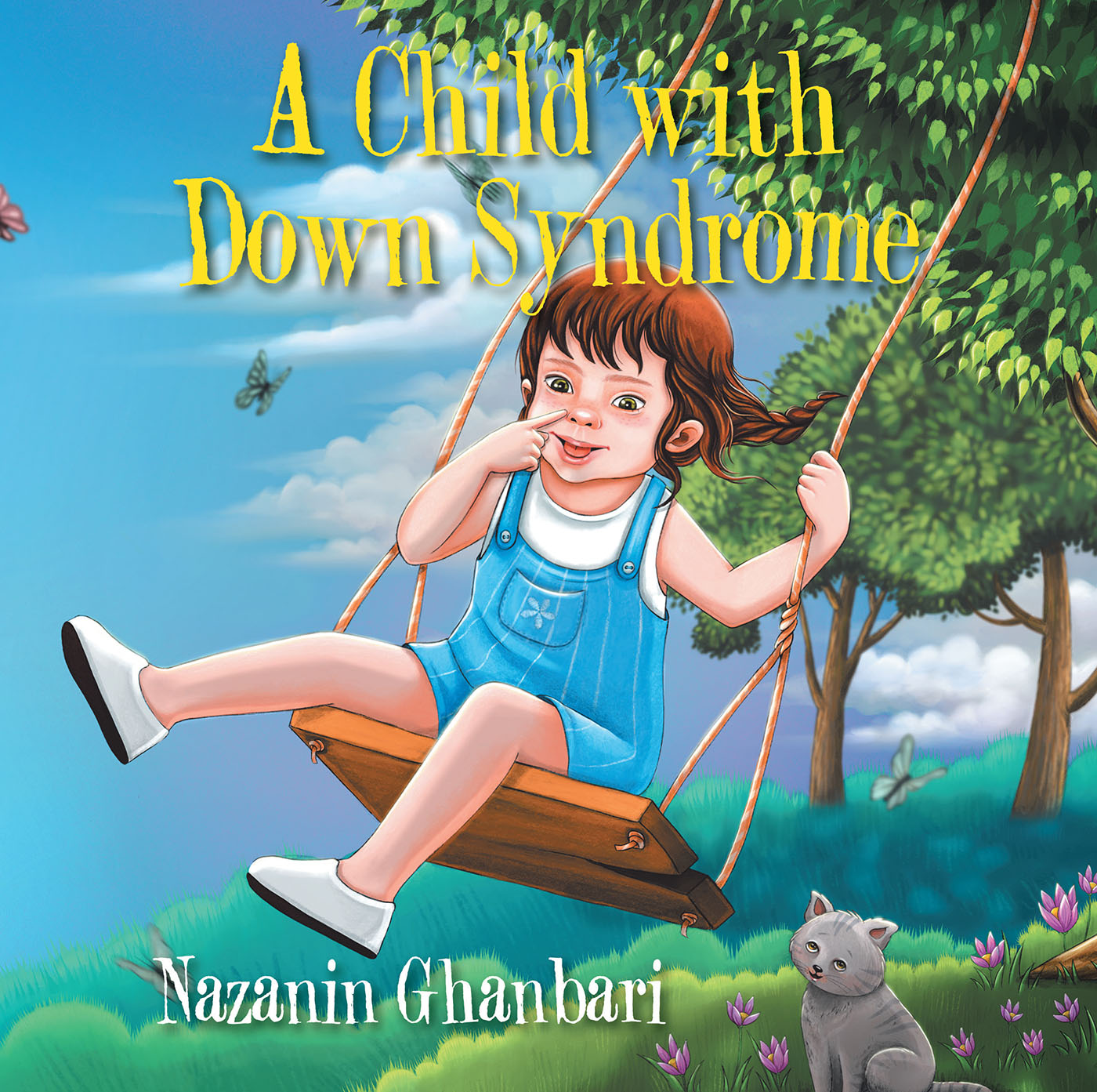Have you ever heard of a chicken with Down syndrome? It sounds like something out of a science fiction movie, but there's actually more to this topic than meets the eye. Over the years, stories about chickens with Down syndrome have spread across social media, sparking curiosity and debate. But what's the real story behind these feathered friends? Let's dive into the details and uncover the truth.
Picture this: You're scrolling through your social media feed when you come across a post about a chicken that seems a little... off. It walks funny, behaves oddly, and some claim it has Down syndrome. Now, before you dismiss it as fake news, there's actually a scientific basis to explore. This isn't just about chickens; it's about understanding how genetic conditions affect animals and what that means for us as humans.
Our journey today will take us through the science, the myths, and the reality of chickens with Down syndrome. By the end of this article, you'll have a clearer understanding of whether this phenomenon is real or just another internet hoax. So buckle up, because we're about to explore the world of poultry genetics like never before!
Read also:How To Design A Prob In Bitlif The Ultimate Guide For Beginners
What Exactly is Down Syndrome?
Before we dive into chickens, let's talk about what Down syndrome actually is. Down syndrome is a genetic condition caused by an extra copy of chromosome 21 in humans. This additional genetic material leads to a range of physical and cognitive characteristics. But here's the kicker—chickens don't have the same chromosome structure as humans. They have 39 pairs of chromosomes, compared to our 23, which makes the concept of "Down syndrome" in chickens a bit more complex.
How Does Genetics Work in Chickens?
Chickens, like all living creatures, have their own genetic blueprint. Their chromosomes carry the instructions for everything from feather color to behavior. While they don't experience Down syndrome in the same way humans do, they can still have genetic anomalies that affect their development. These anomalies might lead to behaviors or physical traits that resemble what we associate with Down syndrome.
Can Chickens Have Down Syndrome?
This is the million-dollar question, isn't it? Technically, chickens cannot have Down syndrome in the way humans do because their chromosomes don't match ours. However, they can experience genetic mutations or developmental issues that cause similar symptoms. These conditions might include delayed growth, abnormal gait, or unusual behavior.
Think of it like this: If a chicken has a mutation that affects its brain development, it might exhibit behaviors that look like Down syndrome. But it's not the same condition—it's a different set of genetic circumstances entirely.
Real-Life Examples of Chickens with Genetic Conditions
There are documented cases of chickens with genetic anomalies that affect their behavior and appearance. Some of these chickens walk differently, have trouble flying, or display unusual social behaviors. While these traits might remind us of Down syndrome, they're actually the result of unique genetic mutations.
- Delayed growth patterns
- Abnormal feather development
- Difficulty with coordination
- Unusual vocalizations
Scientific Studies on Chicken Genetics
Researchers have been studying chicken genetics for decades, and their findings are fascinating. One study published in the Journal of Animal Genetics explored the impact of genetic mutations on chicken behavior and development. The researchers found that certain mutations could lead to physical and cognitive differences, similar to what we see in humans with Down syndrome.
Read also:Fraya Taylor The Rising Star In The Spotlight
While these studies don't confirm the existence of "Down syndrome" in chickens, they do highlight the complexity of genetic conditions in animals. It's a reminder that every species has its own unique set of genetic challenges and adaptations.
Why Does This Matter?
Understanding genetic conditions in animals isn't just about satisfying our curiosity—it's about improving animal welfare. By studying these conditions, scientists can develop better breeding practices and ensure healthier livestock. This knowledge also helps us appreciate the diversity of life and the intricate ways genetics shape every living creature.
Myths vs Facts About Chickens with Down Syndrome
Let's clear the air on some common myths about chickens with Down syndrome:
- Myth: Chickens can have Down syndrome just like humans.
- Fact: Chickens cannot have Down syndrome in the same way humans do, but they can have genetic mutations that cause similar symptoms.
- Myth: Chickens with genetic conditions are always unhealthy.
- Fact: Many chickens with genetic anomalies live long, healthy lives with proper care.
It's important to separate fact from fiction when discussing these topics. While the idea of a chicken with Down syndrome might sound cute or quirky, it's crucial to approach the subject with scientific accuracy.
How to Care for Chickens with Genetic Conditions
If you're a chicken owner or enthusiast, you might be wondering how to care for a chicken with a genetic condition. The good news is that these chickens often thrive with a little extra attention and care. Here are some tips:
- Provide a safe and comfortable environment
- Monitor their diet and nutrition carefully
- Offer extra support for mobility issues
- Engage them in social activities with other chickens
Remember, every chicken is unique, and their needs may vary depending on their specific condition. Consulting with a veterinarian who specializes in poultry can also be incredibly helpful.
Resources for Chicken Owners
There are plenty of resources available for chicken owners who want to learn more about genetic conditions in poultry. Websites like the Poultry Science Association and Chicken Health Handbook offer valuable information on caring for chickens with special needs. These resources can help you understand the science behind genetic conditions and provide practical advice for managing them.
What Can We Learn from Chickens with Genetic Conditions?
Studying chickens with genetic conditions offers valuable insights into the broader field of genetics. It helps us understand how genetic mutations affect development and behavior across species. Moreover, it highlights the importance of genetic diversity and the role it plays in evolution.
From a human perspective, learning about genetic conditions in animals can also deepen our empathy and understanding. It reminds us that every living creature has its own unique challenges and strengths, and that diversity is something to celebrate.
The Broader Implications for Animal Welfare
Animal welfare is a critical issue, and understanding genetic conditions in animals is an important part of that conversation. By studying these conditions, we can improve breeding practices, enhance animal care, and promote healthier populations. This knowledge benefits not only chickens but all animals affected by genetic anomalies.
Conclusion: The Final Word on Chickens with Down Syndrome
So, can chickens have Down syndrome? Not exactly, but they can experience genetic conditions that mimic the symptoms we associate with the disorder. This fascinating topic highlights the complexity of genetics and the diversity of life on our planet.
As you've learned today, understanding genetic conditions in animals is about more than just curiosity—it's about improving animal welfare and deepening our appreciation for the natural world. If you're passionate about chickens or genetics, there's always more to explore and discover.
Now it's your turn! Leave a comment below sharing your thoughts on this topic. Have you ever encountered a chicken with a genetic condition? What do you think about the science behind these phenomena? And don't forget to share this article with your friends and family—let's keep the conversation going!
Table of Contents
- What Exactly is Down Syndrome?
- How Does Genetics Work in Chickens?
- Can Chickens Have Down Syndrome?
- Real-Life Examples of Chickens with Genetic Conditions
- Scientific Studies on Chicken Genetics
- Why Does This Matter?
- Myths vs Facts About Chickens with Down Syndrome
- How to Care for Chickens with Genetic Conditions
- Resources for Chicken Owners
- What Can We Learn from Chickens with Genetic Conditions?
- The Broader Implications for Animal Welfare
- Conclusion: The Final Word on Chickens with Down Syndrome


